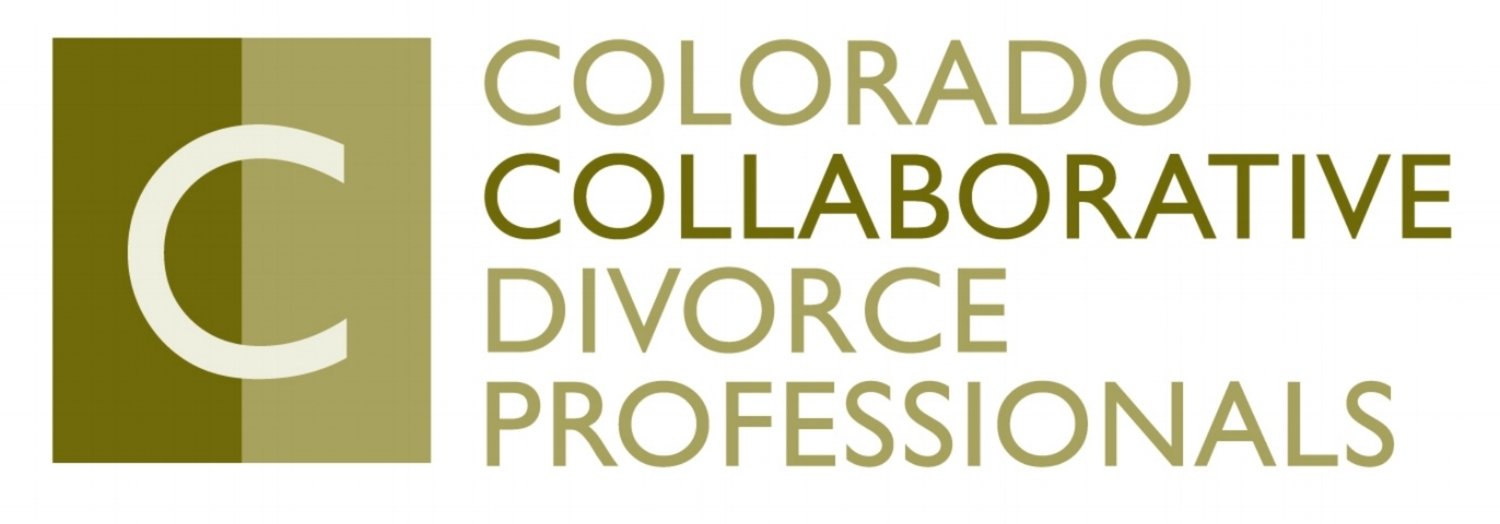Divorce is one of the most stressful events a person can go through, but it doesn’t always have to be a drawn-out legal battle. Collaborative divorce offers a different approach, one that focuses on cooperation rather than conflict. A key part of this process is the use of mediation and coaching, which help couples reach agreements that work for both parties while minimizing emotional stress.
Mediators and divorce coaches play a crucial role in keeping discussions productive, ensuring that communication stays respectful, and helping both sides feel heard. Their guidance makes it easier to resolve disagreements without going to court, leading to better outcomes for everyone involved.
How Mediation Supports Collaborative Divorce
Mediation is one of the main tools used in collaborative divorce to help couples negotiate terms fairly. Unlike litigation, where a judge makes the final decision, mediation allows couples to work through issues together with the help of a neutral third party.
A mediator does not take sides. Instead, they guide discussions and help both parties stay focused on solutions rather than past conflicts. They assist with decisions on topics like property division, child custody, and financial arrangements. By keeping communication open and structured, mediation makes it easier to reach a fair agreement without unnecessary delays.
The Role of a Divorce Coach in the Process
While mediators focus on legal and financial matters, divorce coaches help manage the emotional side of the process. A divorce coach provides support by helping individuals handle stress, improve communication, and navigate the challenges of divorce without letting emotions take over.
Coaching is especially useful when tensions run high. A coach can help prevent breakdowns in communication by teaching conflict resolution skills and offering strategies to manage difficult conversations. This allows the collaborative divorce process to move forward smoothly, keeping the focus on practical solutions rather than personal disputes.
Benefits of Mediation and Coaching in Divorce Cases
Many couples choose collaborative divorce because they want to avoid the hostility of a courtroom battle. Mediation and coaching help make this possible by creating an environment where both parties feel respected and heard.
Mediation helps couples negotiate fair terms for child custody, asset division, and financial agreements.
Divorce coaching provides emotional support and teaches effective communication strategies.
Both mediation and coaching reduce stress and help maintain a sense of control over the process.
When used together, these approaches create a structured yet flexible path to resolution, allowing couples to end their marriage with dignity and cooperation.
Keeping Divorce Focused on Solutions, Not Conflict
One of the biggest advantages of collaborative divorce is that it keeps decision-making in the hands of the couple rather than a judge. Mediation and coaching reinforce this by making it easier to have productive discussions and find solutions that work for everyone involved.
Without the pressure of a courtroom, couples can take the time they need to explore options and reach agreements that consider both their needs and the well-being of any children involved. Mediation keeps the process structured, while coaching provides emotional support to prevent roadblocks along the way.
How Mediation and Coaching Benefit Families
Divorce is particularly difficult when children are involved. Mediation and coaching help parents create a plan that prioritizes the needs of their children while reducing unnecessary stress.
Mediation ensures that parenting agreements are structured around what works best for the family, rather than relying on a court-imposed solution. Meanwhile, coaching helps parents communicate effectively, making co-parenting smoother in the years to come. These combined efforts create a more stable transition for children and reduce the emotional toll of divorce.
Choosing the Right Support for a Collaborative Divorce
Not all divorce cases require mediation and coaching, but for many couples, these services make the process much easier. Working with professionals who understand both the legal and emotional aspects of divorce leads to better outcomes, lower stress, and a more positive experience overall.
Mediators and divorce coaches work alongside attorneys in collaborative divorce cases to ensure that both parties have the support they need. Their involvement keeps the process focused, respectful, and centered on finding fair solutions rather than escalating disputes.


